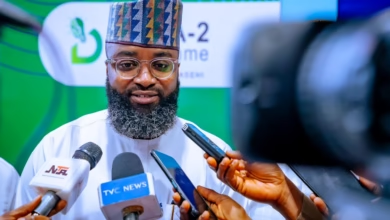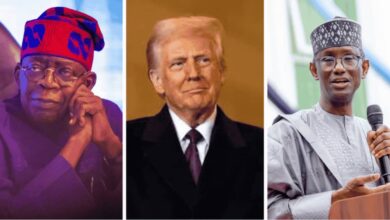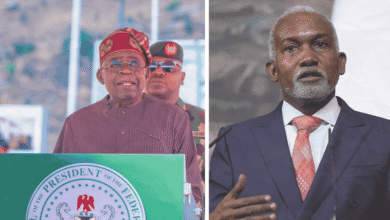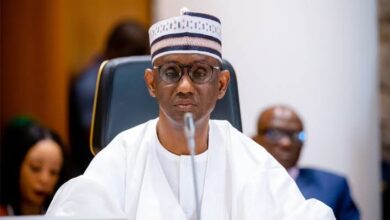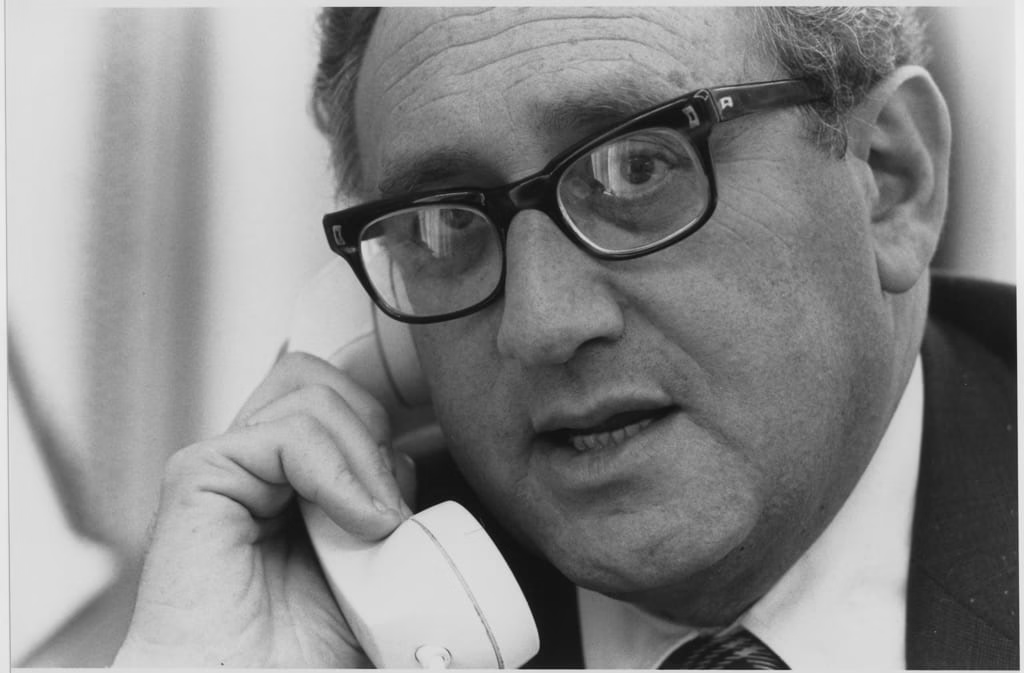
What have you heard about the “legendary” Henry Kissinger?
Students of International Relations and Diplomacy, and those who study history and geopolitics know that he is arguably one of the most influential and equally most controversial figures in American, and even global foreign policy matters.
Henry Kissinger served as U.S. Secretary of State, the equivalent of a Foreign Affairs Minister in Nigeria and other nations, from 1973 to 1977 under Presidents Nixon and Ford. He was the architect of the detente (resolution of hostilities) between the then Soviet Union and the US, which eased the Cold War tension at that time.
Kissinger achieved this through strategy and what I would describe as personal diplomacy within the periods of 1969 up till the late 1970s. He knew that the Soviet Union did not trust the US and worked towards rebuilding that trust. He then used arms control as a foundation for cooperation between the US and the Soviet Union, through emphasizing that both countries are superpowers and shared a mutual interest in preventing nuclear escalation.
He thus negotiated what is known today as the SALT I treaty (1972), which placed limits on intercontinental ballistic missiles and anti-ballistic missile systems.
Another strategy he employed was to promote increased trade between the US and Soviets, particularly the sales of grains. He also offered technological cooperation with the Soviets. All these changed how the tone of things then, and brought two nations once at loggerheads with each other, to the table.
Diplomacy sometimes comprises of the easy things, but getting that easy thing done, does not come easy to everyone.
Kissinger, fondly described as a pragmatist, also employed a unique strategy of physical, inter-personal diplomacy. He enjoyed face-to-face meetings and negotiations. He believed in building trust through direct communication and developed relationships with a lot of key Soviet officials. He maintained regular meetings for consultations and cooperation.
These relationships created bonds that, though existing on an individual level, extended to both their countries.
Without Kissinger’s efforts, many diplomats would say that the US and Soviet Union could have embarked on a war against each other. The Cold War tension was palpable, and threatened the peace of the entire world.
Kissinger was known for his intellectual approach to diplomacy, drawing on his background as a Harvard professor and his expertise in European history and international relations theory. As would be expected of most strong diplomats, his influence extended well beyond his official tenure, continuing as a foreign policy advisor and commentator for decades afterward, even up till his death at the full age of a 100.
Kissinger’s approach to geopolitics was one that recognized the role of all world, powers, and in turn giving them their due respect and honor. It was on this philosophy that he orchestrated the opening of diplomatic relations with China in the early 1970s, fundamentally reshaping global geopolitics. He was responsible for the US making inroads into China—relationship-wise. Till his death, China continues to honor Kissinger for his efforts in recognizing them and forging that relationship.
The late Henry Kissinger believed in what students of international relations describe as balance-of-power diplomacy and the strategic triangulation between the U.S., Soviet Union, and China. This is what readers of foreign policy believe was responsible for the stability in that period—a case where all three powers felt responsible for global peace, with each understanding, recognising and respecting the significance of the other.
I will avoid Kissinger’s controversies for now—and he had many, including allegations of supervising the assassination of world leaders. But the question for me, today is this, does the world have a diplomat as influential, consequential and powerful as Henry Kissinger?
In a world that is as chaotic as it is today—wars between Israel and its neighbors, Yemen and Saudi; the US and its controversial foreign policy; and Africa’s place in the comity of nations—who is that one person standing out, and holding the torch towards clarity, sanity and world peace.
Nigeria possesses Africa’s largest and most prospective economies. We are powerful, influential and consequential. What lessons can Nigeria’s Foreign Policy wonks draw from Kissinger?
Jerry Durojaiye writes from Abuja


